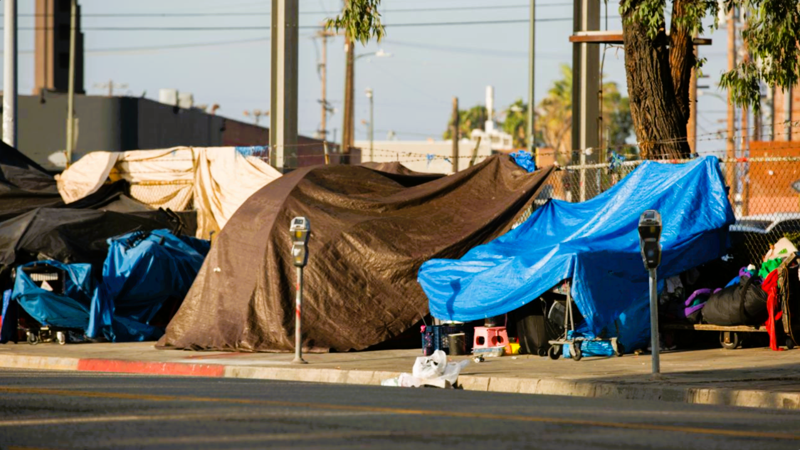(The Center Square) – California lawmakers proposed expanding the state’s zero-down, no payment home “loan” program to illegal immigrants. Due to lack of housing production relative to population and demand, California currently ranks 49th in housing units per resident, resulting in high home prices.
“Assembly Bill 1840 is an insult to California citizens who are being left behind and priced out of homeownership,” said State Sen. Briah Dahle, R-Bieber, in a statement. “I’m all for helping first-time homebuyers, but give priority to those who are here in our state legally.”
With the reinforcement of the Texas Border, illegal immigrants are now redirecting to the California and Arizona borders, highlighting concerns that the state’s provision of healthcare and unemployment benefits to illegal immigrants could become even more costly and bring more illegal immigrants to the state.
2024’s expansion of the state’s MediCal taxpayer-funded free-to-low-cost healthcare system to all illegal immigrants is expected to cost $3.4 billion on state expectations 700,000 newly qualified illegal immigrants will sign up. Should more arrive and more sign up for the program, which includes access to gender reassignment interventions, that cost will be higher.
In an interview with the Los Angeles Times, bill author Assemblymber Joaquin Arambula, D-Fresno, said, “The social and economic benefits of homeownership should be available to everyone.”
The program in question — the California Dream for All Shared Appreciation Loans program administered by the California Housing Finance Agency — started in 2023 with $300 million set aside for 2,300 applicants, and ran out of funds in just 11 days. This year, the program will require applicants to be first-generation home buyers and reduce maximum income thresholds to 120% of county median household income. Under the program, applicants can secure “loans” of up to 20% of a home’s purchase price to first-time home buyers — the cost of a down payment — with zero down payment to the CHFA, and no payments on the “loan.”
The state’s “loan” can potentially be repaid when the home is refinanced, sold, or transferred, with the borrower paying back the original loan amount plus 20% of any increase in value on the property. Unless a property loses more than 80% of its purchase price, the state will not directly lose money, but without any provisions on how long a property can be held for — including what happens with certain kinds of trusts, such as right-of-survivorship trusts — it’s not clear if the state can ever get its money back if a family decides to hold on to the home.
With the typical home in California requiring nearly triple the median household income to afford, 45% of Californians are considering leaving the state due to the high cost of housing.







